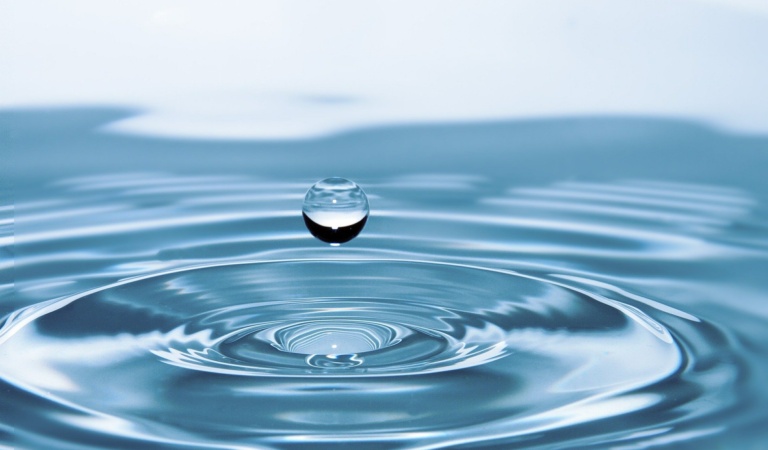 23rd May 2022
23rd May 2022Why Is Water Tank Cleaning So Important?
Water tanks are used globally for different reasons – storing potable water, collecting rain water, chemical manufacturing are just a few.
With any product, it’s important that it is well-maintained so it can continue performing to a high standard.
The tank itself should be well-maintained, not just for the water but to help prevent damages from occurring. Such as corrosion, pressure cracks, and leaks. But also, the tank needs to be well-kept in order to provide water that is safe and clean to use.
There are guidelines that need to be adhered to which were set out by the government. These are HSG274 and ACoP L8 – the Health and Safety Guidance and the Approved Codes of Practice. These guides were created to ensure the safety of water and guidance on how to prevent and control Legionnaires’ Disease, which is caused by Legionella bacteria.
In this blog, we’ll cover how often you should clean your water tank and just why water tank cleaning is so important.
Why Should I Clean My Water Tank?
Without proper care, your water tank (and the water inside) will bear the consequences.
Here’s a few reasons why you should be cleaning your water tank.
Bacteria Build-Up
Unclean water tanks can act as a breeding area for bacteria so the internal environment will be more susceptible to contamination.
Not also bacteria, but any other deposit into the water tank such as dirt or sediment would make the water unfit for consumption and daily use.
Rust
It’s not particularly that we’re saying your tank will accumulate rust if you don’t clean. It’s more so that if you don’t clean, you won’t really take notice of the building issues your tank has.
Cleaning regularly gives you the chance to properly clean the water and the tank, as well as look for other signs of damage. Namely, rust, corrosion, and cracks.
Because problems like these can lead to contamination within the water, and not just bacteria. If there are cracks, insects or other parasites could get into the tank. So regular cleaning provides the opportunity to check out the whole tank, including its condition.
Water Filtration Process
Many people believe that if they have a water filtration process, their water is always safe. But if the tank is in bad shape, and the water contaminated, then the filter doesn’t always have the best performance.
Plus, if there is dirt and sediment in your water, it can build up in the filter and stop working efficiently. And it can still affect the condition of the water, still making it unsafe for consumption.
How Often Should I Clean My Water Tank?
Your water tank should be regularly cleaned and checked. This is to maintain that the water is pure and you’re following safety guidelines.
It is recommended that your water tank undergoes an intensive cleaning process every six months.
How Do I Clean My Water Tank?
When cleaning your water tank, you should follow procedure to ensure your safety and that the tank is as clean as possible.
(Or you could just hire professionals.)
First, you should drain the water tank. To prevent water loss, you could feed the water through to a hose in the garden, for example, so it can be repurposed. As long as the tank is as empty as possible before you start cleaning.
Then, the cleaning process. Using a combination of hot water and a cleaning agent is the most beneficial and practical. A cleaning agent such as detergent can be used when scrubbing the tank down.
And if you have access, you could use a water hose or high-pressure jet to clean the tank. Get rid of all water that remained in the tank and let this hot water and cleaning agent combination sit in the tank for a few hours before rinsing and washing it away. You’ll know when it’s completely clean as the water will run clear.
Before leaving the tank to dry, don’t forget to disinfect the pipes and the tank. A liquid bleach or anti-bacterial spray is a good shout. Or, if you haven’t already had one, you could get your tank lined with our spray-applied Polyurea coating. Being waterproof and offering protection against bacteria and corrosion, it is an ideal lining for water tank protection.
Get In Touch: Clarion Water
We can guarantee expertise here at Clarion Water thanks to our 30 years of knowledge and experience in the water hygiene and Legionella industry.
We provide water treatment services as well as rigorous Legionella risk assessments to make sure you’re complying with water hygiene regulations.
And if you want to get in touch with our team, you can call us on 01943 872 311. Or you can email info@clarionwater.co.uk. We’ll get back to you as soon as possible.